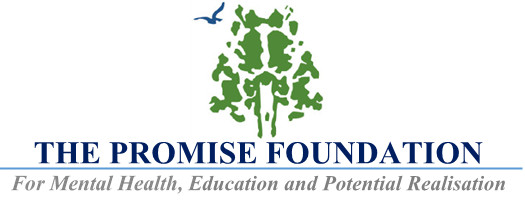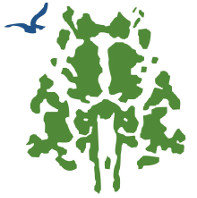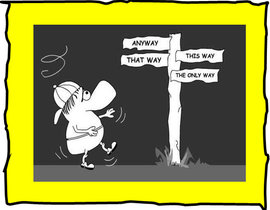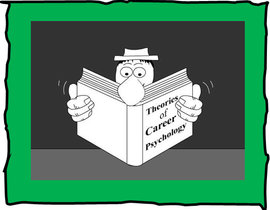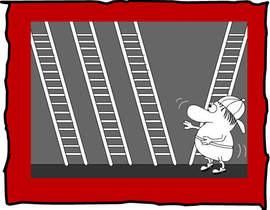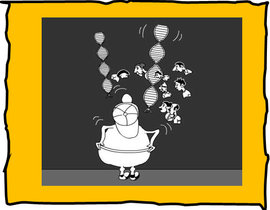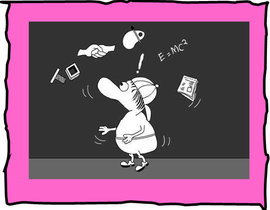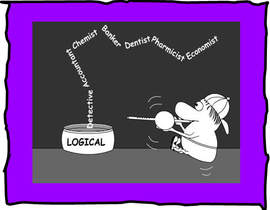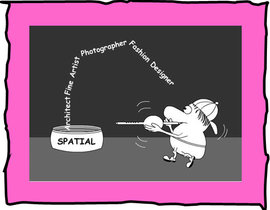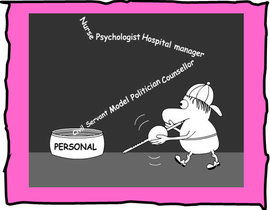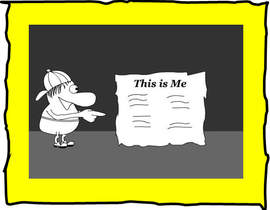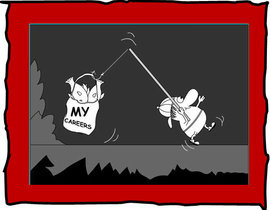Career and Livelihood Planning
Work has been our constant companion ever since the hands of our ancient forefathers curled around a piece of stone and converted it into a tool – an instrument of production. The tendency to work is a natural and inherent human characteristic. However as with other human activities, work occurs within a social context – a context characterised by patterns of beliefs and ways of thinking. It is within this environment that specific meanings and values are attached to work. Career as a form of work, finds its being withing a certain way of thinking. Definitions of career vary greatly and approaches to career guidance take multiple standpoints. This section of the website presents our ideas, research and the techniques we have developed in relation to career and livelihood planning.
Emergence of the Notion of Career and the Practice of Career Guidance
During earlier times when the allocation of work roles was led by social and cultural norms, perhaps “career” itself as it is described today, did not exist. And probably there was little or no need for career counseling and guidance. Two significant events in European history, the Industrial Revolution and the Protestant Reformation transformed the nature of work and gave it a new dimension.

Work now presented prospects for change and advancement. People began to approach work as a means for achieving personal growth and development, as also for improving their class or position in society. Thus was born the concept of career, which tends in a Western context to be a personal engagement with the world of work characterized by the exercise of volition and the identification of personal suitability, requiring preparation and specialization for ongoing, lifelong development. As new occupations emerged, the issue of matching people to jobs surfaced as a question that needed an urgent answer. Accordingly, systems emerged to match people to jobs on the basis of their traits, abilities, and talents. And so emerged the profession of career guidance and counselling. This systematization of methods to support and facilitate career choice and decision making marks a notable landmark in the history of work.

Career and Career Guidance: Different Contexts - Different Meanings
Not all cultures and economies came directly under the influences of the Industrial Revolution and the Protestant Reformation. In other societies, human engagement with work progressed as it had for centuries earlier. Even today, all one has to do is to step a few miles outside the cities of economically developing countries to enter a world of work that is characterized by preindustrial features, where work is linked to the marshaling of resources to secure basic necessities such as food, clothing, and shelter. Career barely exists in these cultures and economies. Nonetheless, global forces have had and continue to have an impact on work behavior in almost all contexts. In virtually all societies, work has changed from being simply linked to survival needs to something far more complex, requiring increasing amounts of specialization and training. Accordingly, the notion of a personal career has made its appearance in many more parts of the world.

Career Manifests along a Continuum
The manifestation of career can be seen in two broad contexts: contexts to which career is indigenous and contexts where it is, in many respects, culturally alien. In the former, the manifestation of career would be spontaneous and culturally congruent; in the latter, its manifestation could be the result of exigency induced by global transformations. It seems that the delineation of career from work lies along a continuum. At one end is “career” in its fully developed form, as it has been described above; at the other end is a complete absence of this notion of career; and along the continuum are various manifestations of the idea of career.
What is Career?
Career is a form of work that requires the wilful direction of energy, formal qualification and specialised effort, directed toward meeting societal needs through a specific area of work, for which one gains the means for a livelihood, an identity, social status and opportunities for the realisation of personal pot
What is Career Guidance?
A service that aims, at helping the individual optimise personal potentials through the effective realisation of his or her social and economic role as a “worker” for lifelong development of personal wellbeing as well as the prosperity of the immediate community and society at large. To be effective, career guidance must be informed by a culturally-resonant interpretation of social, behavioural and pedagogical sciences.

All cultures have time-tested traditions that guide engagement with the world of work, some of which are thousands of years old.
The opportunity that presents itself is not for the creation of an Eastern as opposed to a Western form of career guidance and counseling.
The task before us is to learn to draw from these different traditions with the objective of being more relevant in a complex and changing world.

RELATED LINKS
Click here for other pages on Career and Livelihood Planning:
Holistic Approach
The Western notion of career is becoming more and more universal. Hence the necessity of having to develop systems that would optimize individuals’ engagement with career development has also increased in urgency. However, what it means, how it is manifested, and how the individual engages with career, can vary from one context to another. It must be kept in mind that the prevailing post industrial approach to career guidance may not be relevant to all economies. Indeed work in many economies is simultaneously pre-industrial, industrial and post industrial in nature.
In one setting, the focus of career guidance may be to help an individual discover whether he/she should take up law, business studies, or product design. In another, it may be to help an individual gain contemporary skills to manage his/her traditional, rural occupation more efficiently.
A tendency when extending ideas into new contexts is to begin with the ideas of the dominant, more powerful group and suggest ways of adapting these ideas to the recipient context. Adaptations can be useful. However, unveiling what has been neglected may be more relevant and effective. The Promise approach attempts not only to adapt familiar theories and methods. It also introduces other epistemologies and worldviews so that the existing knowledge base can be broadened and enriched. If more relevant models are to be developed, frameworks from other cultures and economies must be acknowledged as providing different understandings of career development.

Click here for:
- Arulmani, G., Bakshi, J. A., Flederman, P., & Watts, A. G. (2011). Editorial: East and West: Exploring New Concepts for Career Guidance (Special Issue). International Journal for Educational and Vocational Guidance, 11(2), 61-64.
- Arulmani, G., Bakshi, A. J., Leong F. T. L., & Watts, A. G. (2014). The manifestation of career. In G. Arulmani, A. J Bakshi, F. T. L. Leong & A. G. Watts. (Eds.), Handbook of Career Development: International perspectives (pp. 1-10). New York, USA: Springer International.
- Arulmani, G., & Nag-Arulmani, S. (2004). Career counselling: A handbook. New Delhi, India: Tata McGraw-Hill Publishing Company Limited. This is the complete pre-print manuscript of what is perhaps the first handbook on career guidance written for the Indian context blending theory and practice.
- Information about the Handbook of Career Development: International Perspectives.
- Contents Pages: Handbook of Career Development: International Perspectives.
- Pride and Prejudice: How do they matter to career development? ICEGS Annual Lecture, Gideon Arulmani.
- Keynote session from the ICG Annual Conference 'International Perspectives on Career Guidance', Gideon Arulmani.
